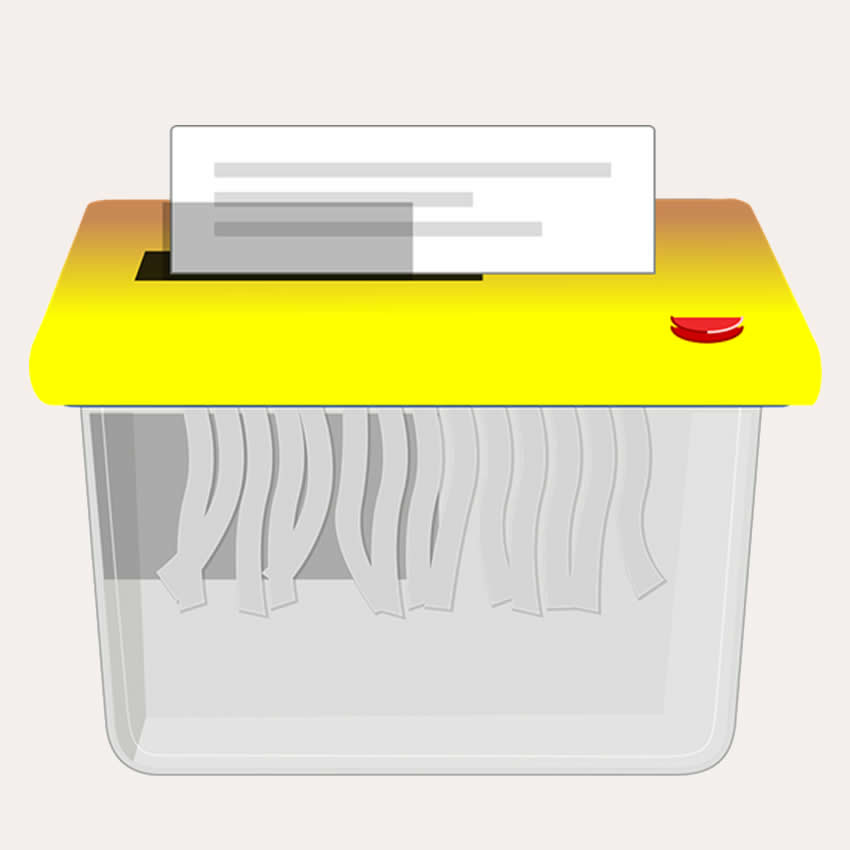Identity thief is becoming an important matter to deal nowadays, especially with the recent controversies involving data privacy. What most people tend to neglect is the importance of shredding documents. And once trash is nowhere to be found in your property, it easily becomes legal for anyone to take it. That is why it is important that you learn to shred and toss these documents in one piece.
Essentially, it really depends on the type of documents you are dealing right now. But what is important to keep in mind is that not all documents must be shredded by any Shredding services. There are some that could be thrown right off the bat, but others are worth keeping for any purpose they can serve in the future.
So what type of documents can you really shred and which ones can you keep forever? Well, here is a nutshell of this topic. Check them out below!
For starters, let’s go with the documents that you can keep without anything to worry. And based on their importance, there is every reason for them to be kept. However, do not just keep them – you need to actually store them the right way, so they will not deteriorate.
- Birth and Death Certificates
- Any Insurance Policy (even if you have digital copies, make sure that you keep physical ones)
- Pension Plan Documents
- Social Security cards
- Wills and living wills
- Powers of Attorneys
- House deeds and mortgage documents
- ID cards
- Passports
- Business License (even those businesses that have closed down)
- Marriage License
- Vehicle titles
- Loan Documents
A general rule of thumb is to keep all documents that are related to state or national matters. So if you find documents that are not mentioned above but are under the latter, make sure to keep them safe. There are two reasons why you want to do this. First and foremost, you want to keep having easy access to these documents when the moment you need them. Second, and more importantly, it is a pain to undergo the necessity to replace these documents simply because you either lost or shredded them. In some cases like ID cards or business license, you have to go through the process of requesting several government agencies, which can really be time-consuming.
Sometimes, though, it is possible that you will have no idea about what to do exactly with these documents. The same thing can be said for those that are not mentioned here, though you really believe they are worth keeping. So, your best course of action is to keep all of them in a so-called “In Case of Emergency Kit.” By having such, you are able to know where exactly they are in case you are going to need them. Also, there are applications online that you can use, so you can gather almost everything you need to store and keep.
As for the second subset of documents you need to keep with you, they include the following:
- Bank statements
- Pay stubs
- Tax records and receipts
- Warranty Documents and Receipts
- Medical Records and Bills
- Home Purchase and Improvement Documents
Unlike the first set of documents, the second ones do not necessarily imply the idea of keeping them forever. Basically, they can last for a certain amount of time and, from them, you can start shredding them. Let’s take for example bank statements. You do not have to shred or keep them for a long time – a year should be enough. For tax records and/or receipts, at least seven years is sufficient.
That’s pretty much it actually. Once you are able to separate the wheat from the chaff, you will have concrete knowledge as to which documents you should keep and not. Again, it is best to organize them all in a cabinet or like the kit mentioned above.
When deciding whether a document is worth keeping, ask this yourself: “How hard is it to get this document?” This should give you an idea if it is worth keeping for now. If you are going to venture down to an office or government agency and wait in queue for hours, you might want to think twice about shredding them. Even if you already have digitized copies of these documents, physical ones are still more important.

